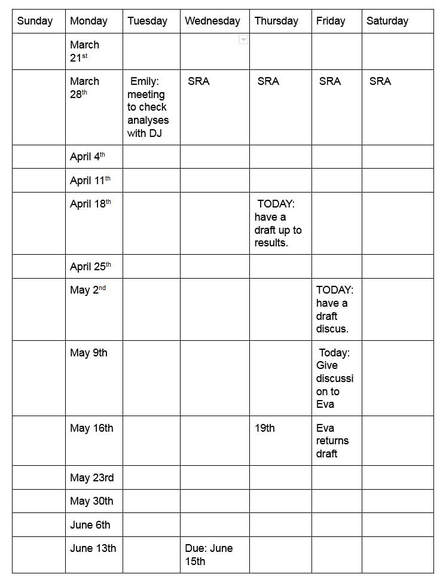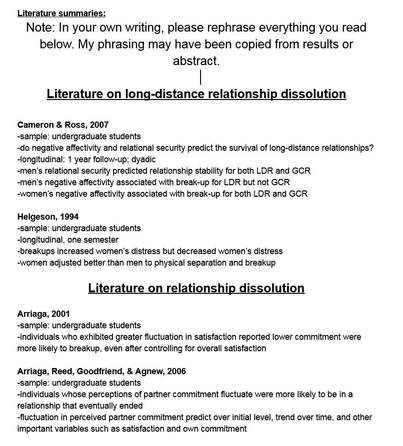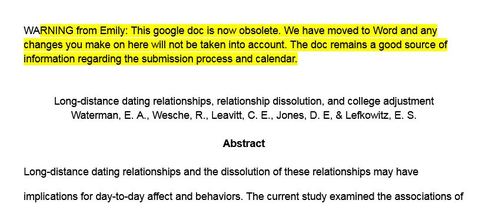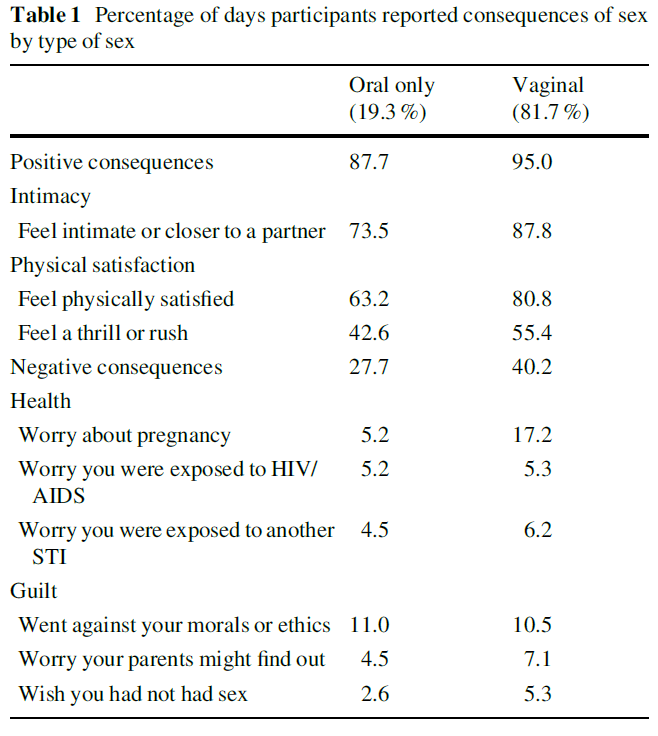It appears I’ve yet to write about strong titles, but I have written about strong first sentences. In that post I argued that your first sentence should be strong, clear, and interesting. All true of your title as well. BUT, your first sentence can actually get away with being catchier than your title, because your first sentence is contained within the manuscript, and does not appear elsewhere. It catches people’s attention in the context of the paper, but nowhere else.
In contrast, your title appears on your CV, in your tenure dossier, in people’s literature searches. Yes, it’s the advertisement for the paper, and thus can get people’s attention. But it’s also a reflection of you and your body of research, something that follows you forever, for better or for worse.
For instance, when I was asked to write a chapter about erectile dysfunction, I asked my students if they were interested in first authoring it. When one of my students expressed interest, I asked her to think about having the title “erectile dysfunction” on her CV. Not that there’s anything wrong with that. But it would be on her CV forever, and she would want to think about the kinds of institutions where she might want positions, and if that might matter at those institutions. For a lifelong sex researcher it’s probably not a big deal, but it was a consideration.
Another issue is cutesy titles. I support clever titles, but there is a fine line between clever and cutesy (or just silly) titles, and unfortunately, different scholars draw that line in different places. I sometimes do a literature search and come across a title that makes me cringe a little, and I confess, it can affect the way I think of the author. I won’t share examples, but I did find this Slate article about clever and gone-too-far journal article titles. So, before you finalize a clever title, ask a few other people what they think of it. If you're early career, make sure some of the people you ask are more senior than you, because they are the group of people who will evaluate your work for things like tenure. Because again, that title will be on your CV forever. When you study a topic like sexual health, there are a lot of ways you could go clever, and a lot of ways you could go wrong, and I’ve seen both happen.
Perhaps I’m lucky that I’m just not very good at clever titles. I think the most I’ve done are these two:
He Said She Said: Gender Differences in Mother-Adolescent Conversations About Sexuality
and
Never been kissed: Correlates of lifetime kissing status in U.S. university students
I’m pretty comfortable living with both of those titles, forever.
Some questions to ask yourself before finalizing a clever title:
- Will it look silly on my CV 5/10 years from now?
- Could someone misinterpret it?
- Would everyone think it’s funny, or could it read as offensive?
- Will it fit with any job I apply for? For instance, if you look for a job at a religious institution or a government job, could it offend someone?
It may help to think of article titles like the CV version of tattoos – don’t just think about whether it’s fun in the moment, but think about whether you want to live with it for the rest of your life.
“Your Title Will be on Your CV Forever first appeared on Eva Lefkowitz’s blog on August 23, 2018.”





 RSS Feed
RSS Feed
